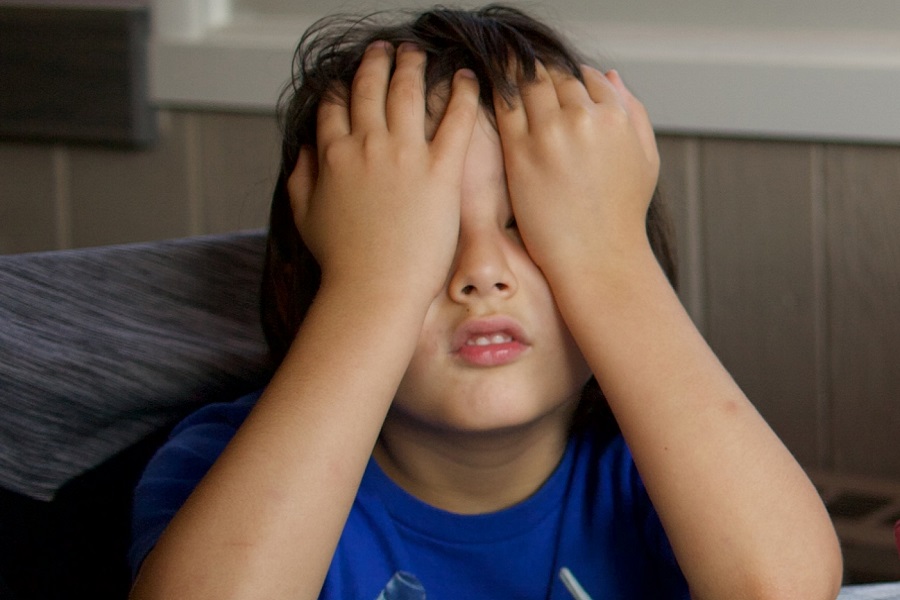
Follow us Now on Telegram ! Get daily 10 - 12 Interesting Updates. Join our Telegram Channel https://t.me/OhWomen
Download Telegram App before Joining the Channel
Physically punishing children can lead to negative outcomes such as poor health, lower academic performance, and impaired social-emotional development, according to a study on Monday.
The analysis, published in the journal Nature Human Behaviour, showed that physical punishment was significantly associated with worse parent-child relationships, being a victim of violence, perpetrating violence (including intimate partner violence in adulthood), approving violence, physical health problems, mental health problems, substance use, poor academic outcomes, impaired language skills.
It also led to impaired executive function, social-emotional skills, overall behavioural problems, internalising behaviour problems (e.g., depression and withdrawal), externalising behaviours (e.g., aggression and destruction), impaired early child development, and quality of sleep.
Researchers at the New York University-Steinhardt, US, no positive outcomes associated with corporal punishment.
“The consistency and strength of these findings suggest that physical punishment is universally harmful to children and adolescents,” lead author Jorge Cuartas, Assistant Professor of Applied Psychology at NYU.
“Moving forward, more research is needed to identify effective strategies for preventing physical punishment on a global scale and ensuring that children are protected from all forms of violence to support their healthy development,” Cuartas added.
In 2006, the UN Secretary-General called for a ban on corporal punishment -- acts of physical force to inflict pain that includes smacking, shaking, and spanking -- for children.
To date, 65 countries worldwide have instituted full or partial bans on the practice. Most of the bans were established in high-income countries (having a gross national income of at least $14,000 per capita) bolstered by the UN’s call, and research finding detrimental outcomes in wealthier nations.
The researchers analysed 195 studies related to corporal punishment published between 2002 and 2024.
The studies covered 92 low- and middle-income and 19 outcomes related to parent-child relationships, mental and physical health, violent behaviour, attitudes toward violence, substance use, cognitive function, social-emotional skills, sleep, motor skills, and the likelihood of being a child labourer.
Source : IANS